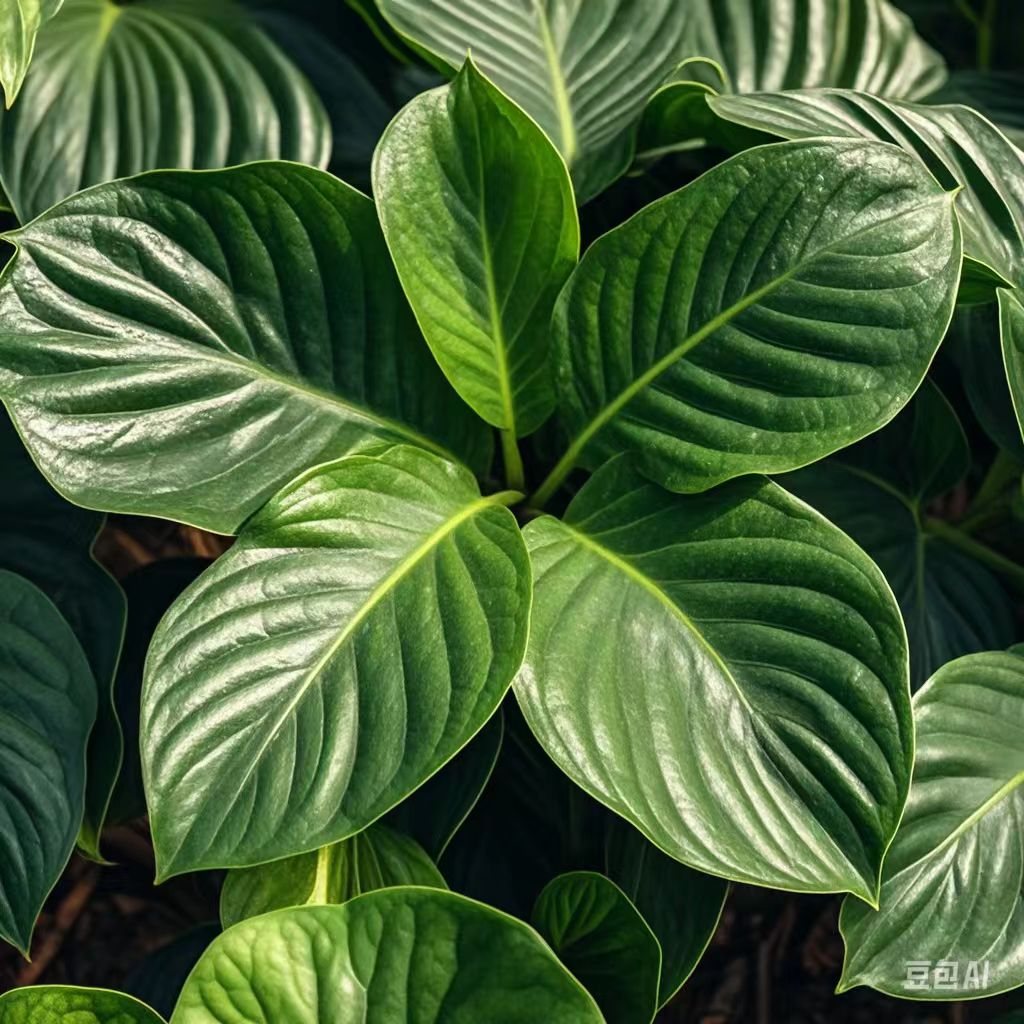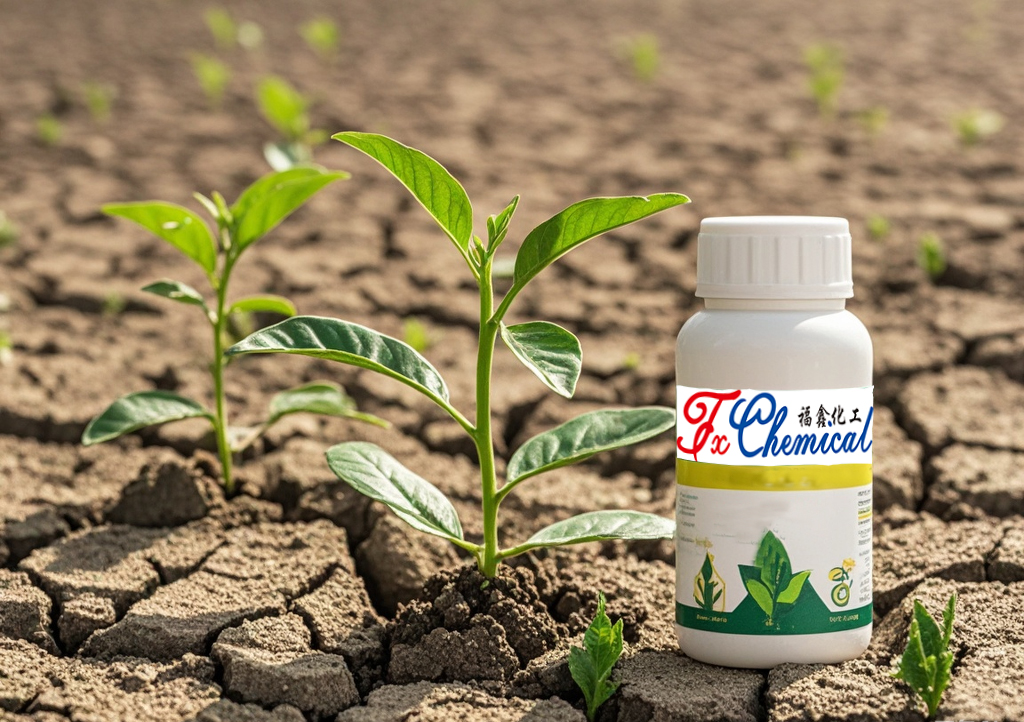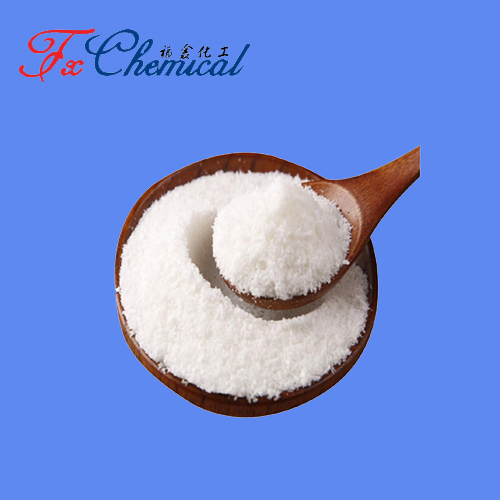
Search

Search

In agriculture, water conservation is crucial for sustainable crop production, especially in drought-prone regions. Sucrose stearate, a versatile compound, offers promising solutions by enhancing root function, regulating plant physiological processes, and improving soil environments. Sucrose stearate can help plants conserve water to a certain extent. This article explores the mechanisms, principles, and case studies demonstrating the effectiveness of sucrose stearate in water conservation for plants.
Promoting Root Growth
Sucrose stearate stimulates the growth and development of plant roots, making them more extensive and robust. Well-developed roots can penetrate deeper into the soil, allowing more efficient absorption of water and nutrients. It increases the surface area of the roots, improving their ability to absorb water, thus reducing water waste.

Improving Root Structure
It helps roots form a more compact structure, reducing water leakage in the soil. The soil particles around the roots combine better with the root system, forming a stable soil root system that prevents water loss. It enhances the roots' penetration ability, allowing plants to access deeper soil water, and improving their adaptability to drought conditions.

Reducing Transpiration
Sucrose stearate regulates the opening and closing of plant leaf stomata, reducing transpiration and water loss. Under drought conditions, plants automatically close some stomata to reduce evaporation. It influences the balance of hormones within the plant, regulating the opening and closing time of stomata, and helping plants retain water better when water is scarce.

Enhancing Water Use Efficiency
Sucrose stearate promotes the absorption and utilization of water by plants, improving their water use efficiency. As plants absorb water, they also absorb sucrose stearate, which then plays its role within the plant. It regulates the plant’s internal metabolic processes, enabling the plant to utilize water more effectively in photosynthesis and growth, reducing unnecessary water consumption.
Increasing Soil Water Retention
Sucrose stearate binds with soil particles, forming a stable soil structure that improves water retention. Water is better retained between soil particles, reducing evaporation and leakage. It increases the organic matter content in the soil, improving soil aeration and permeability, providing a better growing environment for plant roots and promoting water absorption and utilization.
Promoting Microbial Activity in Soil
Sucrose stearate stimulates the growth and reproduction of beneficial microorganisms in the soil. These microorganisms decompose organic matter and release nutrients and water that plants can use. Microbial activity also improves soil structure, increasing water retention and fertility, providing better growth conditions for plants.
In a corn field located in a drought-prone region, researchers conducted an experiment with sucrose stearate. Under the same climate and soil conditions, one section of the corn field was used as a control group, irrigated and managed traditionally, while another section had sucrose stearate added to the irrigation water. After some time, the corn plants in the sucrose stearate-treated section developed more extensive root systems that penetrated deeper into the soil, allowing them to absorb water more effectively. At the same time, the stomatal openings in the leaves were smaller, significantly reducing transpiration. Over the entire growing season, the sucrose stearate-treated section used approximately 20% less irrigation water than the control group, without any noticeable reduction in corn yield. This demonstrates the water-saving effect of sucrose stearate in corn cultivation.
In a city park landscaping project, the park management sought to reduce water dependence by applying sucrose stearate to some plants. They selected some relatively drought-sensitive flowers and shrubs for the trial. During irrigation, sucrose stearate was dissolved in water at a certain ratio and applied to the test plants. Over time, these plants displayed greater drought tolerance, with fuller and more vibrant leaves. During hot, dry periods, these plants performed significantly better than those not treated with sucrose stearate. Water usage statistics showed that irrigation water was reduced by about 15% after using sucrose stearate, while maintenance costs were lowered, and plant survival rates and landscape quality improved.
In a modern greenhouse vegetable farm, sucrose stearate was used to enhance water use efficiency. During the cultivation of tomatoes, cucumbers, and other vegetables, sucrose stearate was added to the nutrient solution. The vegetables' roots grew more vigorously, improving their ability to absorb water and nutrients. Additionally, reduced transpiration helped maintain stable humidity in the greenhouse, reducing the occurrence of pests and diseases. Throughout the growth cycle, the sucrose stearate-treated vegetable section saved about 25% more water than the traditional cultivation section, and the quality and yield of the vegetables also improved. This offers a sustainable approach to greenhouse vegetable farming.
As China's leading sucrose stearate manufacturer, Wuhan Fortuna Chemical Co.,Ltd is focus on manufacturing CAS 25168-73-4 Sucrose Stearate for more than 10 years, welcome to contact us to get more details.

Quick Links
Add:
E-mail:
 English
English  Español
Español  français
français  العربية
العربية 



